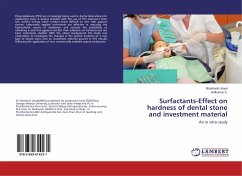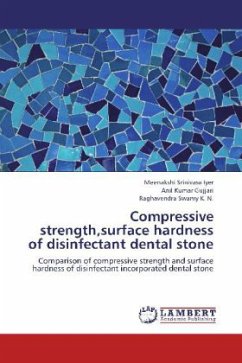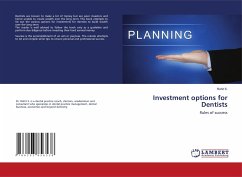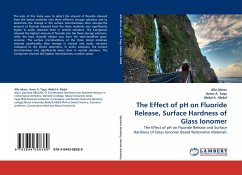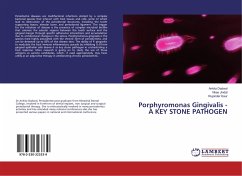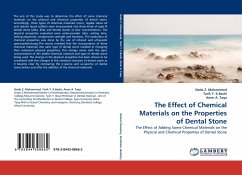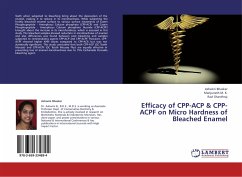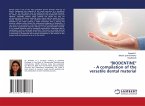Polyvinylsiloxane (PVS) are increasingly being used in dental laboratories for duplicating casts. A serious problem with the use of PVS material is their low surface energy which renders them difficult to wet with gypsum slurries. Laboratory applied surfactants are effective in reducing the hydrophobic nature of elastomers and increase the probability of obtaining a void free gypsum cast.But their influence on hardness has not been extensively studied. With the above background this study was undertaken to investigate the changes in the surface hardness of a two type of dental stone and an investment material poured in PVS moulds following the application of two commercially available topical surfactants.
Bitte wählen Sie Ihr Anliegen aus.
Rechnungen
Retourenschein anfordern
Bestellstatus
Storno

